Due to legal reasons, not every area has access to Bitget’s trading services. For instance, the U.S. and Canada (Alberta) residents, along with those in Iran and North Korea, cannot access Bitget’s futures, spot, and copy trading.
Knowing access restrictions allows users to find compliant, regulated crypto exchanges in their area and avoid issues related to non-compliance.
What is Bitget?
Established in 2018, Bitget is an international crypto exchange with a special emphasis on derivatives trading, spot markets, and copy trading solutions. Futures, Spot, Grid trading, and DCA Bots are just a few of Bitget’s sophisticated trading functionalities made for novice and expert traders alike.
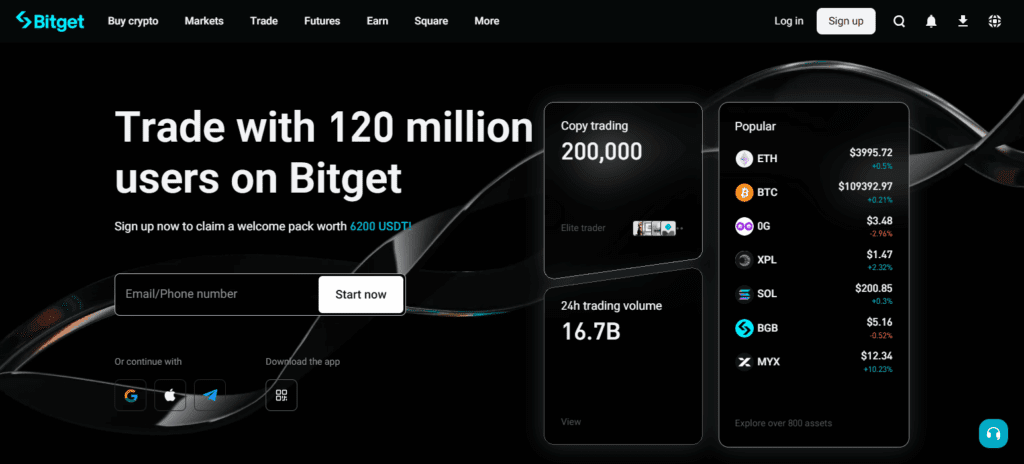
Bitget is especially famous for its copy trading community which lets each user follow and emulate other traders’ techniques. With 800,000 followers, and 190,000 traders, community partnership, and secure trading help it stand out in the crypto trading ecosystem along with emphasis on risk mitigation.
10 Bitget Country Region is Not Supported
1. Canada (Alberta) & United States
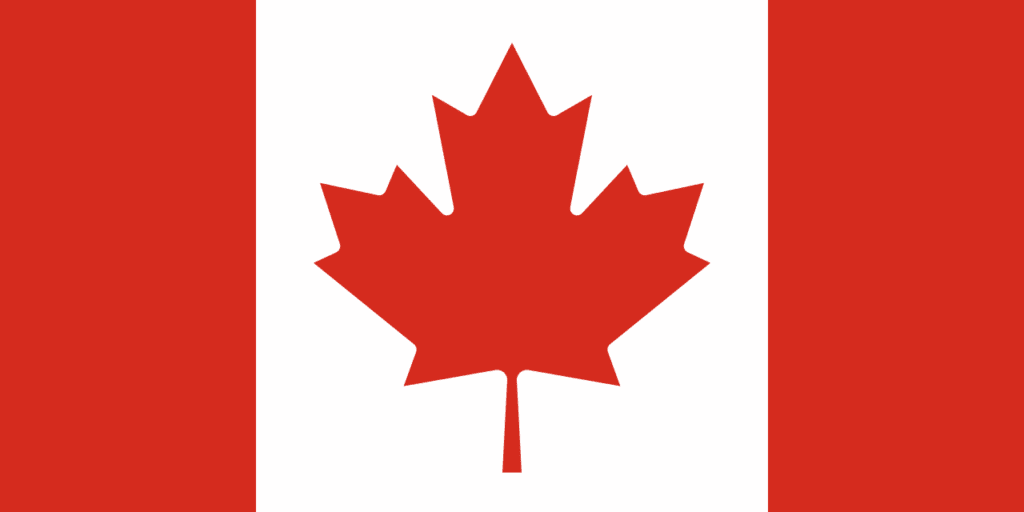
Access to Bitget is stopped in the U.S. and Canada’s Alberta due to local regulations and licensing situations. Futures, spot, and copy services are not available to users in those locations. Local residents would have to use licensed exchanges to trade crypto legally and safely.
2. Crimea & Cuba
To stick to international sanctions, Bitget users in Crimea and Cuba are blocked. Residents in these countries cannot legally use Bitget services. Restricting access ensures compliance with international financial regulations.
3. Hong Kong & Singapore

Bitget is available in Hong Kong and Singapore but is restricted in those countries legally due to local licensing and compliance regulations. Traders in these countries would need to use locally regulated platforms to trade legally.
4. Iran & North Korea
Bitget does not operate in Iran and North Korea. They are highly regulated countries and have extreme economic sanctions. Blocking users from those countries helps Bitget legally operate by not exposing themselves to international sanctions.
5. Sudan & Syria
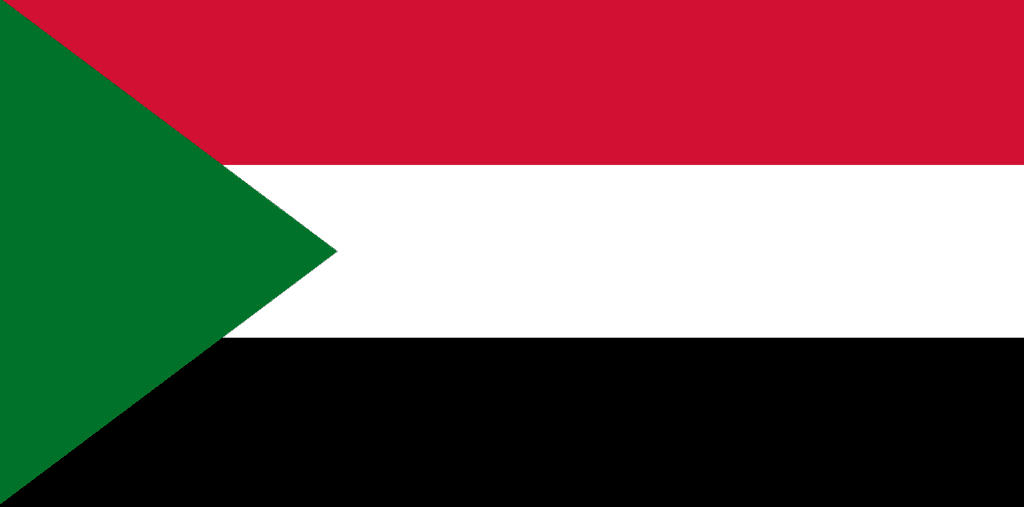
The geopolitical situation and imposed sanctions in Syria and Sudan mean that Bittget cannot safely provide services. Limiting access shields the platform and potential users from fraud and compliance risk issues.
6. Iraq & Libya
In Iraq and Libya, Bitget restricts access due to unbalanced financial systems and increased risks to personal safety. Offering services in these places unshielded the exchange and users from fraud and operational risks.
7. Yemen & Afghanistan

Because of conflict, loss of commercial power, and a lack of clear regulations, Bitget does not allow access to users from Yemen and Afghanistan. Compliance is made easier by protecting users from risk during these times.
8. Central African Republic & Congo
Weak financial regulations and compliance issues are reasons that Bitget is not available in the Central African Republic and Congo. Users in these regions do not have access to the platform in order to prevent legal and safety issues.
9. Democratic Republic of Congo & Guinea
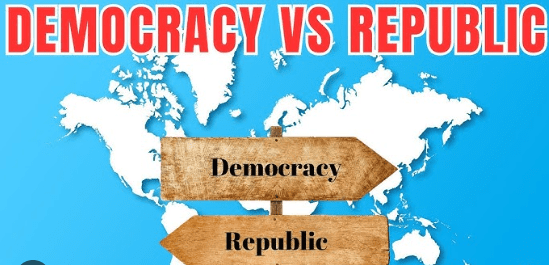
In the case of the Democratic Republic of Congo and Guinea, Bitget does not operate there due to the lack of clear regulations and high risk of fraud. Users must seek other exchanges to access services that comply with the legal requirements in their country.
10. Guinea-Bissau
To prevent fraud, Bitget does not allow Guinea-Bissau residents to use the platform. This also ensures the company does not breach international finance regulations.
Does Bitget Require KYC?
KYC Verification on Bitget
Yes, Bitget requires KYC verification. Without identity verification, you can’t use Bitget at all. In order to verify your identity on Bitget, you must submit the following:
- ID, Passport, or Drivers License
- Proof of Address, (Bank statement or Utility Bill)
- Facial Recognition (Selfie)
After you successfully complete all the KYC verification steps on Bitget, you will gain unrestricted access to the entire crypto exchange.
Bitget’s Global Reach and Supported Currencies
Having over 25 million registered users, Bitget operates within the largest global crypto exchanges, servicing over 100 countries and regions. This wide outreach requires provision of the platforms relatively broad access to users fiat currencies and currencies direct deposits, withdrawals, and peer-to-peer trading.
This is a brief overview of the regions, currencies, and currency access on Bitget:
Europe (Eurozone + neighbors): Users from major EU countries including Germany, France, Italy, and Spain, can deposit and access currencies in EUR.
South America (Brazil): Users from Brazil have straightforward access to crypto onramps through full BRL bank deposits and withdrawals.
Russia / Eastern Europe: Users with currencies RUB, PLN, and CZK, can access and trade with minimal restrictions.
Nordic Sea & Scandinavia: Users from Denmark, Norway, and Sweden can deposit and access currencies in DKK, NOK, and SEK.
Australia & Canada & Oceania: Supports deposits of AUD and CAD for users in these regions, offering secured fiat channels.
Emerging Markets: Users from South Africa and Vietnam can directly access crypto services in ZAR and VND, respectively.
Bitget’s Global P2P and Quick Buy services operate with almost 140 currencies, including USD, EUR, JPY, KRW, and THB, so you can convert money easily just about anywhere. Moreover, more fiat currency options, including CZK, DKK, AUD, and CAD, are available due to collaboration with additional payment services.
Can I Use Bitget with a VPN?
Bitget is able to be used with a VPN or in combination with a VPN as long as you are a citizen of a Bitget-supported country.
If you are a citizen in one of the restricted jurisdiction of Bitget you are not able to use the exchange even with a VPN.
Without verifying their identity Bitget users from restricted countries are unable to use any of its services.
Is Bitget Regulated & Licensed?
Over 15 million registered users and more than $15 billion in daily trading volume make Bitget one of the most popular crypto exchanges in the world. Bitget’s currently headquarter is in Seychelles and it has additional offices in Singapore and Dubai. Bitget is currently not regulated.
What To Do If Bitget is Not Available In your Country
In the scenarios where Bitget is restricted within your area, other top exchanges and protocols that offer futures and spot trading services can be used instead. Here is a detailed list of alternatives in each region:
United States:
- Coinbase Futures offer derivatives which are CFTC-regulated and ensure compliance with rules and regulation in the US.
- Crypto.com comes with licensed trading that ensures trading compliance for derivatives, spot, and other products staking.
European Union:
- OKX is MiCA-aligned and provides derivatives and Web3 services.
- Kraken has numerous VASP licences in the EU and proof-of-reserves reporting.
Asia:
- Bybit is Dubai-based, VARA licensed and has a strong Dubai presence in Asia.
- Binance is the largest within the region due to the substantial liquidity, fiat on/off ramps, and a large assortment of crypto products.
Australia:
- CoinSpot has ISO certified security and compliance with the AUSTRAC combined with over 3 million clients.
- Swyftx has AUSTRAC compliance, demo trading, and auto-invest for secure trading.
Global / On-Chain:
- Hyperliquid offers a decentralized perpetual exchange with CEX-level speed.
- ApeX offers cross-chain trading. It is self-custodied and combines the performance of DeFi with high functionality.
All of these platforms offer a good balance of regulatory coverage, liquidity, and product depth. This ensures that wherever access to Bitget is limited, traders can still engage in their futures, spot, and copy trading in a secure and effective manner.
Conclusion
Due to rules on regulations, international sanctions, and compliance, Bitget has placed a limitation on certain regions and countries. These regions and countries are United States, Canada (Alberta), Crimea, Cuba, Iran, North Korea, Hong Kong, Singapore, Sudan, Syria, Iraq, Libya, Yemen, Afghanistan and several countries in Africa.
Residents in these regions are denied access to Bitget’s futures, spot and copy trading. Users affected by these restrictions should check other legalized and compliant exchanges in their area.
Trading should be done securely and in line with local laws. Denying access to these regions helps the platform stave off complications with the law and protects users from fraudulent activity.
FAQ
Bitget restricts access in the U.S., Canada (Alberta), Crimea, Cuba, Hong Kong, Iran, North Korea, Singapore, Sudan, Syria, Iraq, Libya, Yemen, Afghanistan, Central African Republic, Congo, Democratic Republic of Congo, Guinea, and Guinea-Bissau. Residents cannot access futures, spot, or copy trading services
Restrictions are due to regulatory compliance, international sanctions, financial instability, and fraud prevention. Bitget blocks users from high-risk or legally sensitive regions to avoid violating laws and protect both the platform and its users.
Using VPNs to bypass regional restrictions is strongly discouraged. Doing so violates Bitget’s terms of service and may result in account suspension or loss of funds.
Yes. Users in restricted countries can explore other legally compliant exchanges, such as Coinbase, Binance, Bybit, Kraken, or regional platforms that operate under local regulations.
Currently, there is no official timeline for expansion. Any changes would depend on regulatory approvals and compliance with international laws.





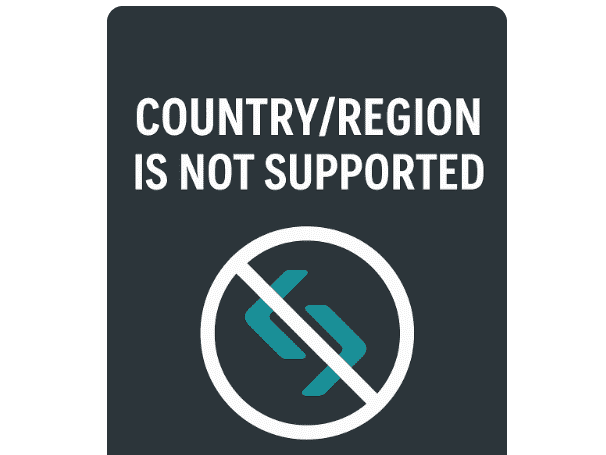




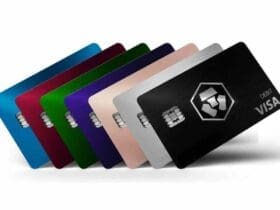
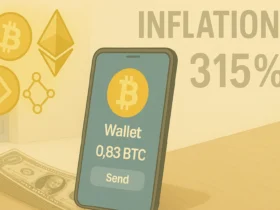

Got a Questions?
Find us on Socials or Contact us and we’ll get back to you as soon as possible.